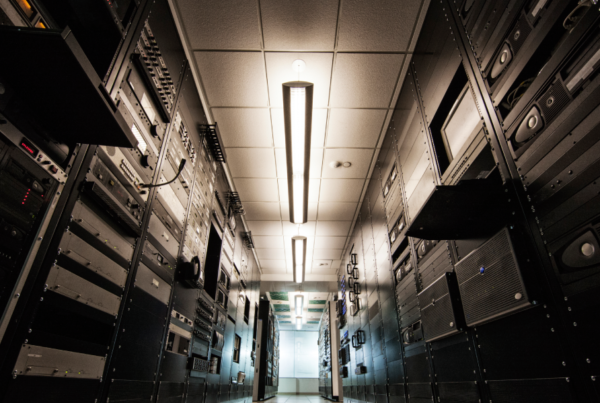Data backups are essential for any organization that wants to protect its data from loss, corruption, or malicious attacks. However, not all backups are equally secure and reliable. Some backups can be modified, deleted, or overwritten by human errors, hardware failures, or ransomware infections. This can compromise the integrity and availability of the data and make recovery impossible or costly.
To prevent these scenarios, organizations need to adopt an immutable architecture for their data backups. An immutable architecture is a way of designing and storing data backups that makes them fixed, unchangeable, and undeletable for a predefined period of time. This ensures that the backups are always consistent and authentic and can be restored quickly and safely in case of a disaster. An immutable architecture offers several benefits for data backup and recovery, such as:
Ransomware Protection
Ransomware is a type of malware that encrypts the data on a system and demands a ransom for its decryption. Ransomware can also target backups and prevent organizations from restoring their data. An immutable architecture prevents ransomware from infecting or altering the backups, as they are write-once-read-many (WORM) and cannot be overwritten or deleted. This allows organizations to recover their data from a clean and uncorrupted backup without paying the ransom.
Threat Prevention
Besides ransomware, there are other threats that can compromise the data backups, such as internal or external sabotage, accidental deletion, or corruption. An immutable architecture protects the backups from these threats by making them inaccessible and tamper-proof for a specified duration. This ensures that the backups are always intact and trustworthy and can be used for auditing or compliance purposes.
Regulatory compliance
Some industries and sectors have strict regulations and standards for data security and retention, such as healthcare, finance, or government. These regulations require organizations to keep accurate and unaltered copies of their historical data for a certain period of time. An immutable architecture helps organizations comply with these regulations by enforcing retention policies and locking the backups from any modification or deletion. This ensures that the backups are always valid and verifiable and can be presented as evidence if needed.
Read more about the requirements for immutable architecture below.
Requirements for Immutable Architecture
To implement an immutable architecture for data backups, organizations need to consider the following requirements:
Storage medium
The storage medium is the physical device or service that stores the data backups. The storage medium should support immutability features, such as WORM or encryption. Some examples of storage mediums that support immutability are optical disks, purpose-built backup appliances, enterprise disk arrays, or cloud services.
Backup software
The backup software is the application or tool that creates and manages the data backups. The backup software should support immutability features, such as retention policies, encryption, or verification. An example of backup software that supports immutability is Commvault.
Backup strategy
The backup strategy is the plan or policy that defines how often and how long to backup the data. The backup strategy should support immutability features, such as incremental backups, deduplication, or compression. The backup strategy should also balance the trade-offs between immutability and flexibility, such as storage costs, recovery time objectives (RTO), recovery point objectives (RPO), or legal obligations.
An immutable architecture is a key component of a robust and resilient data backup and recovery solution. It provides protection against ransomware and other threats, compliance with regulations and standards, and assurance of data integrity and availability. To implement an immutable architecture, organizations need to choose the right storage medium, backup software, and backup strategy that support immutability features and meet their business needs.
Contact Virtuas to learn more about the requirements and benefits of immutable architecture for data backups.



